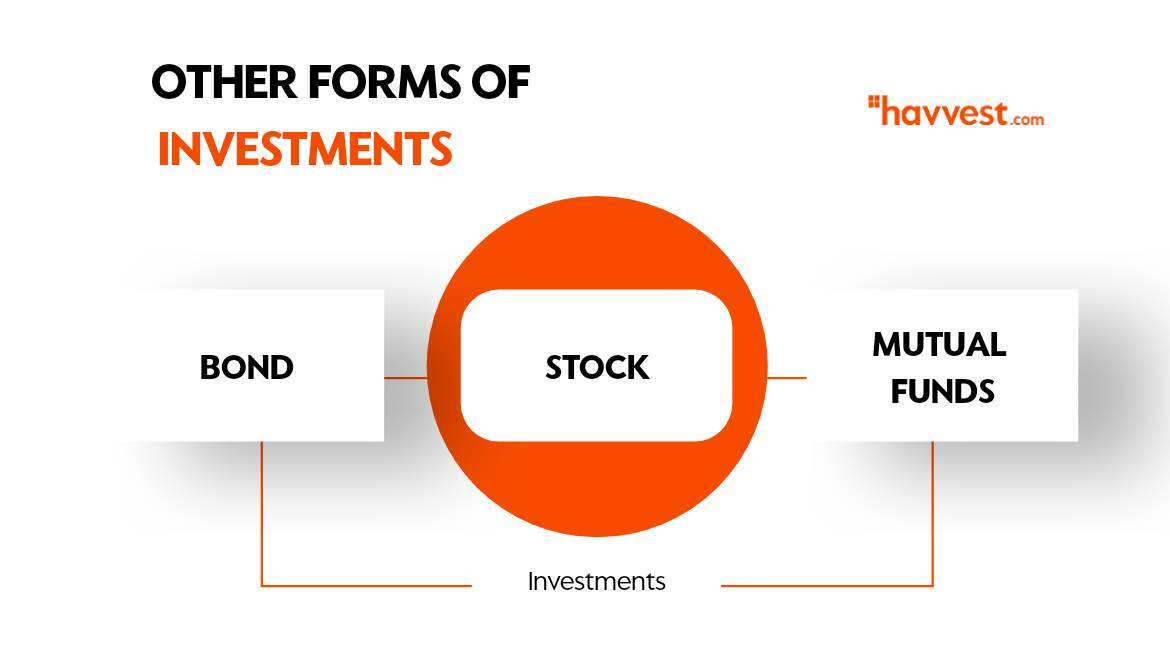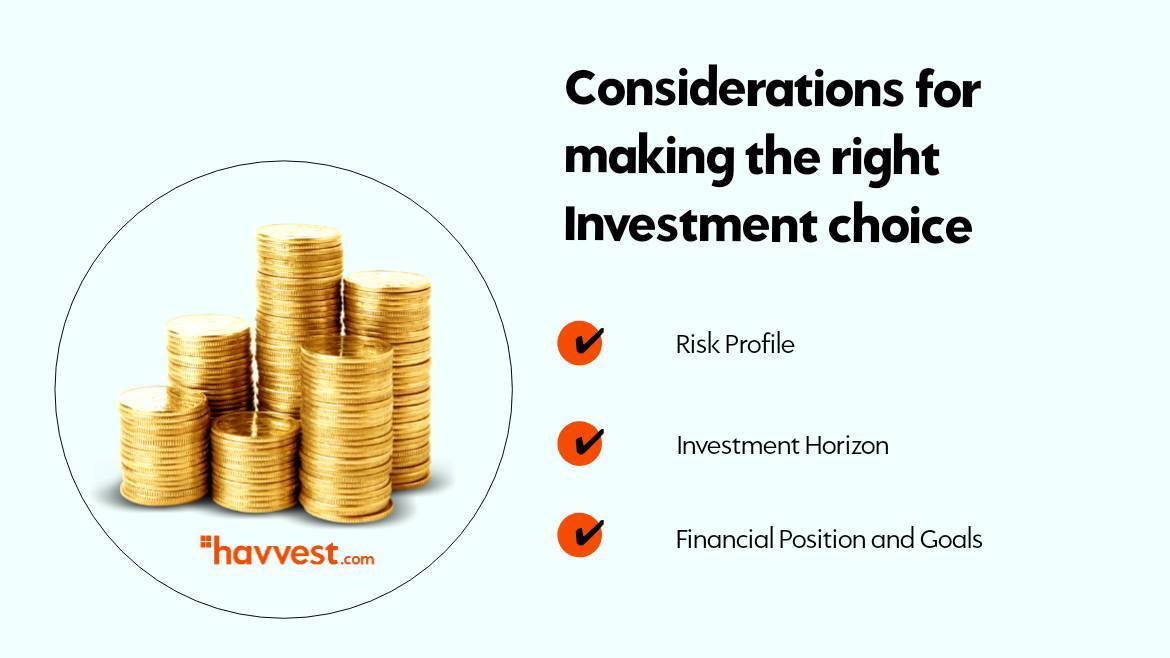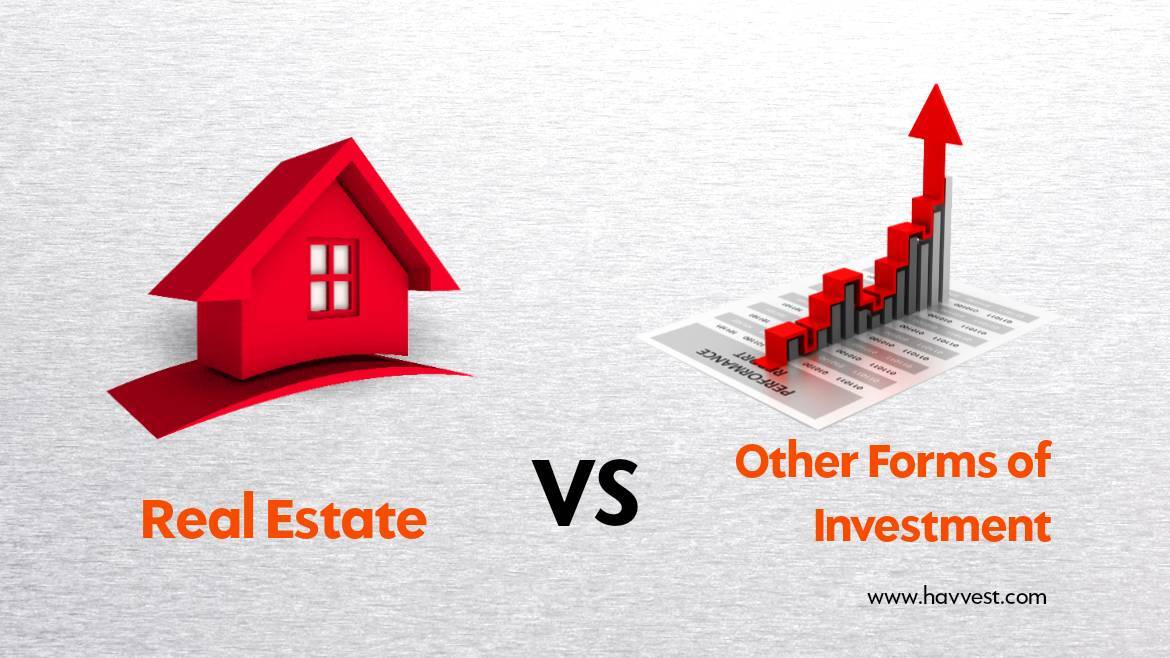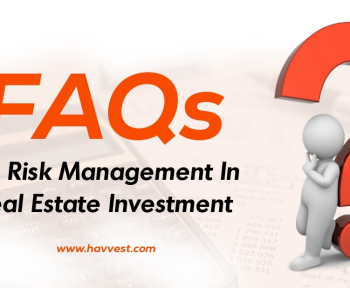Investing in the stock market, buying up real estate property, or putting money into a savings account—where should you put your hard-earned money? With so many options out there, it can be hard to decide which is the right choice for you.
Real estate investing can be extremely profitable, with returns exceeding 15% P.A. (per annum). It can also be a very hands-on investment, requiring time and effort that other forms don’t always require. On the other hand, other types of investments can offer lower returns but require less time to manage.
Today we’re going to compare two types of investments—real estate and other forms—and help you decide which one is right for you. We’ll discuss the pros and cons of each type of investment and what types investors should consider.
So which one is right for you? Well, join us as we explore the world of investing and determine which type is best for you!
Key Benefits of Investing in Real Estate

We are a real estate investment company; therefore, we’ll acknowledge our roots!
Real estate investment can be an outstanding way to build wealth and secure your financial future—if you do it right. Compared to other forms of investing, such as stocks, bonds, and mutual funds, real estate investment offers several key benefits.
For example;
- Real estate investments are typically longer-term and more stable than investments in stocks or mutual funds, which are typically short-term and susceptible to market volatility.
- Real estate investing can provide you with a steady stream of income if you choose to rent out the property.
- Finally, unlike other forms of investment that require a large sum of money up front or frequent monitoring, real estate investment allows for smaller amounts of money to be invested over time without the need for constant monitoring or management.
This makes it easy for beginner investors to get started without having to commit all their funds right away.
Other Forms of Investment: Stocks, Bonds, and Mutual Funds

If you’re ready to get your financial feet wet with investing, other forms of investments like stocks, bonds, and mutual funds are great places to start too! Not only are these investments relatively low-risk, but when done right, they can offer up big returns—which is why it’s so important to understand the markets, conduct extensive research, or seek counselling before advancing.
- Stocks are a popular option as you are purchasing a share in a publicly traded company. It gives owners a stake in the company from which they buy stock, and they can benefit from stock price increases through dividends or capital gains (the difference between what you paid for the stock and what you receive when you sell it).
- Bonds are a type of financial investment in which an investor loans money to a borrower, typically for a period of time. Bonds offer investors a predetermined interest rate over a given period of time. They are issued by corporations or governments to raise money for various purposes, such as funding capital projects or operations. Of course, like any investment, there are also risks associated with bonds.
- Mutual funds are a type of investment vehicle that allows investors to pool their money together and invest in a variety of different securities. These funds are managed by professional money managers who strive to generate returns for investors while minimising risk. Mutual funds can offer investors a number of benefits, including diversification, professional management, and the potential for high returns.
Now that you understand the other forms of investment, which will you go for? The comment section is open for your exploit.
Comparing Investment Returns from Real Estate and Other Forms
Still wondering if real estate investing is right for you? A great way to decide is to compare the potential returns of real estate investments with those of other investment types.
Real Estate Investment Returns
Real estate investments can generate cash flow from various sources, like rental income, appreciation of the property, and tax savings from depreciation. This kind of passive income has the potential to pay off quickly; according to some estimates, a buy-and-hold strategy could return up to 15% per year.
Returns From Other Forms Of Investment
Other forms of investment may not have as much potential for high returns as real estate. For example, stocks and bonds may offer relatively low returns. And while mutual funds may have higher potential returns, they often require a large upfront investment and come with higher fees than other investment types.
Based on these returns alone, it’s easy to see why many people view real estate investing as a profitable option, but it’s important to remember that there are always risks associated with any type of investment, so do your research before committing!
Considerations for Making the Right Investment Choice

When it comes to making the right investment choice for you, there are several considerations to take into account. Here are some of the important things to consider:
Risk Profile
Different types of investments have different levels of risk associated with them. If you’re new to investing, you may want to consider investments that have a lower risk profile and will provide a steady return over time. On the other hand, if you’re an experienced investor looking for potentially higher returns, you may be willing to take on more risk.
Investment Horizon
The amount of time you intend to invest is also an important consideration when making the right decision. For example, if you’re looking for a short-term investment, real estate may not be the best choice, as it typically requires a long-term commitment for success. On the other hand, if your investment horizon is longer-term, real estate could be an excellent choice, as it tends to appreciate over time and has great potential for returns in the long run.
Financial Position and Goals
Taking everything into account, if your financial position is strong and you’re looking for potential capital growth or higher yields, then investing in real estate is the most appropriate. Real estate investments can offer many advantages over other investments, such as the potential for higher returns, tax benefits, and the ability to leverage existing assets.
It is important to research and understand the risks involved and to have the right tools and support to make the best decisions. When you conduct your research, keep in mind that if you run into any obstacles or need assistance in any manner, our team of professionals is there to help you.




